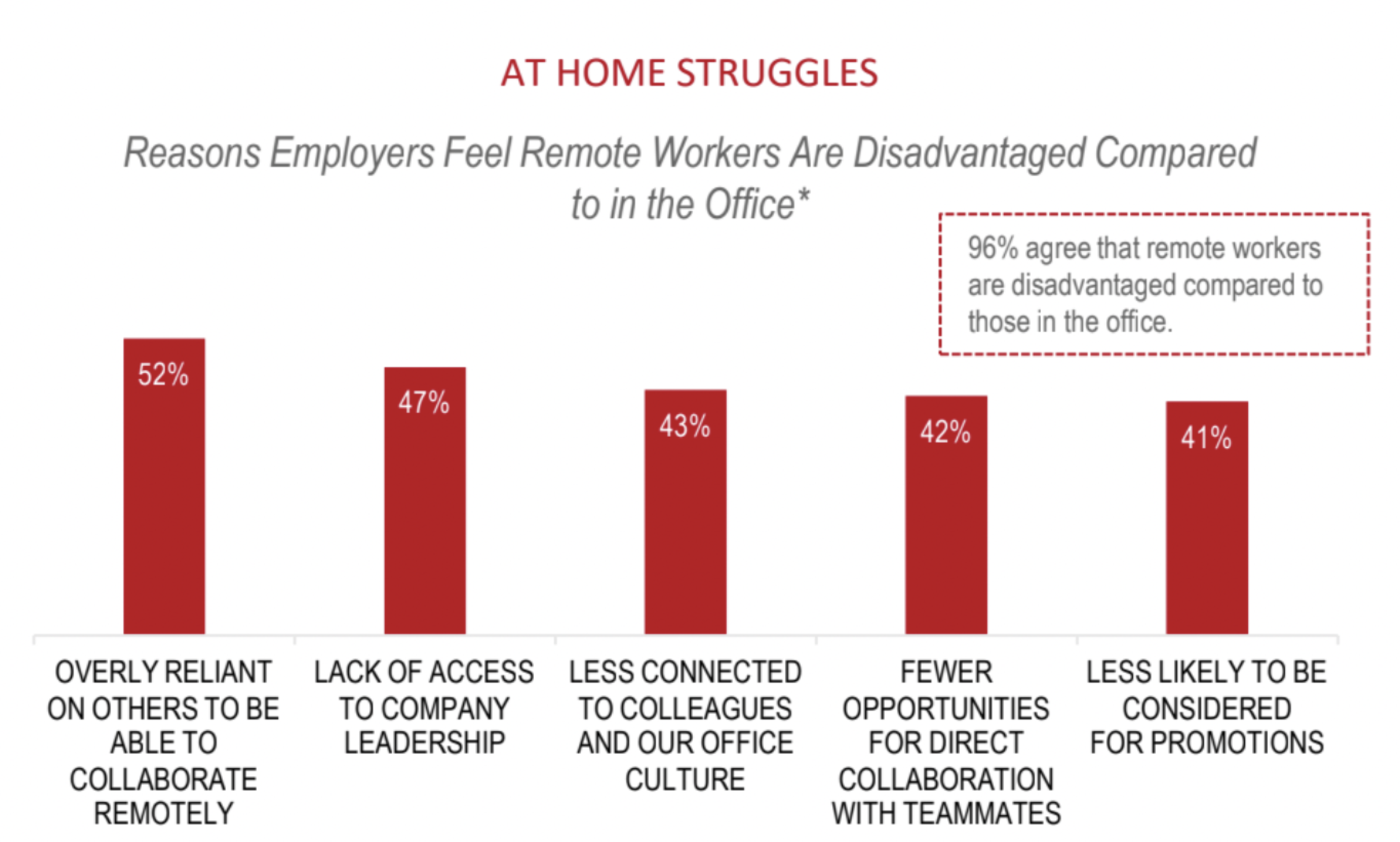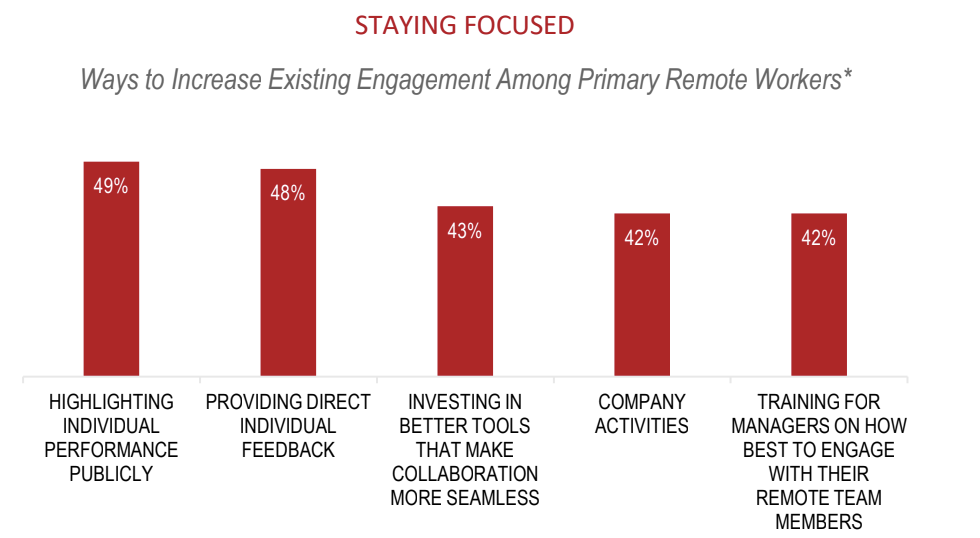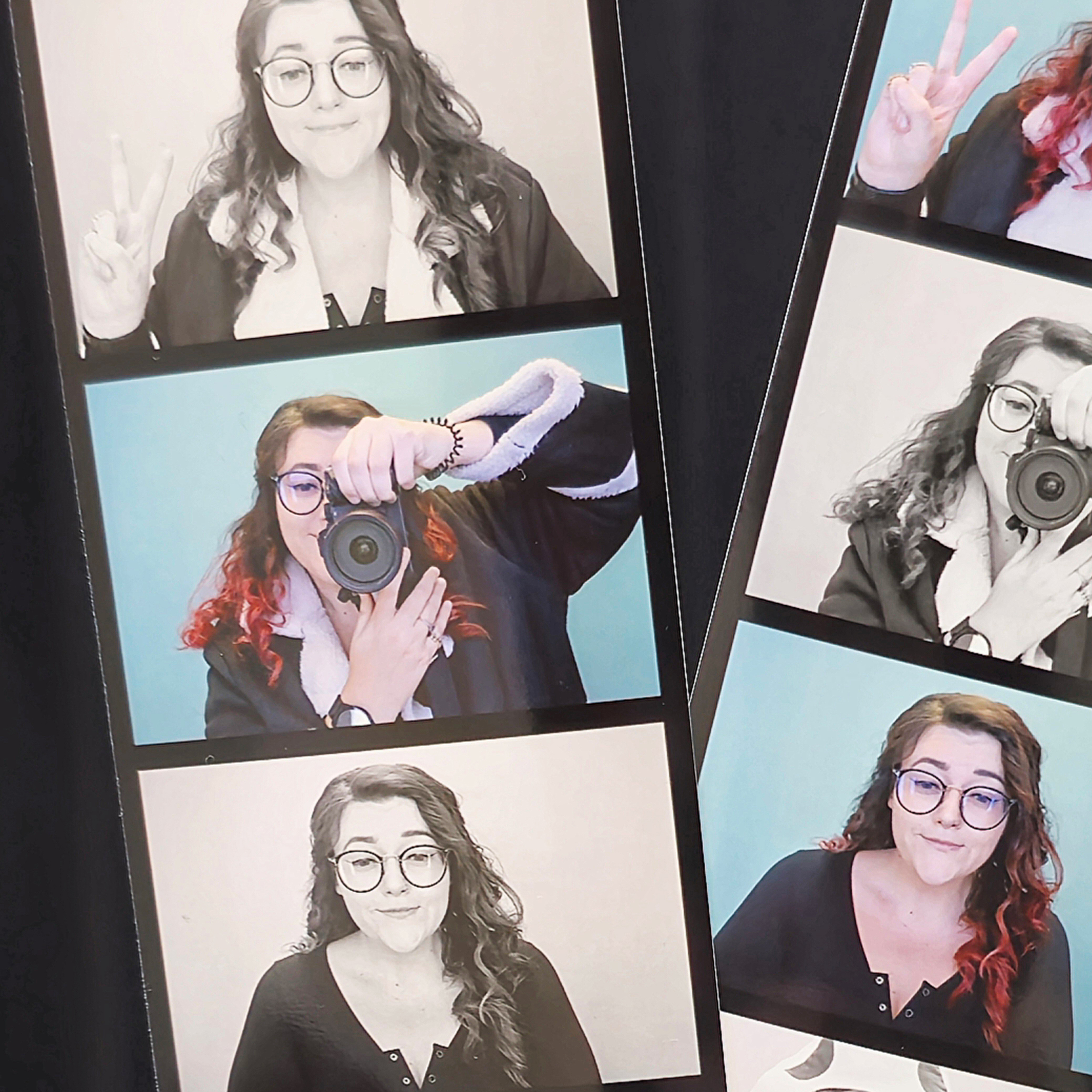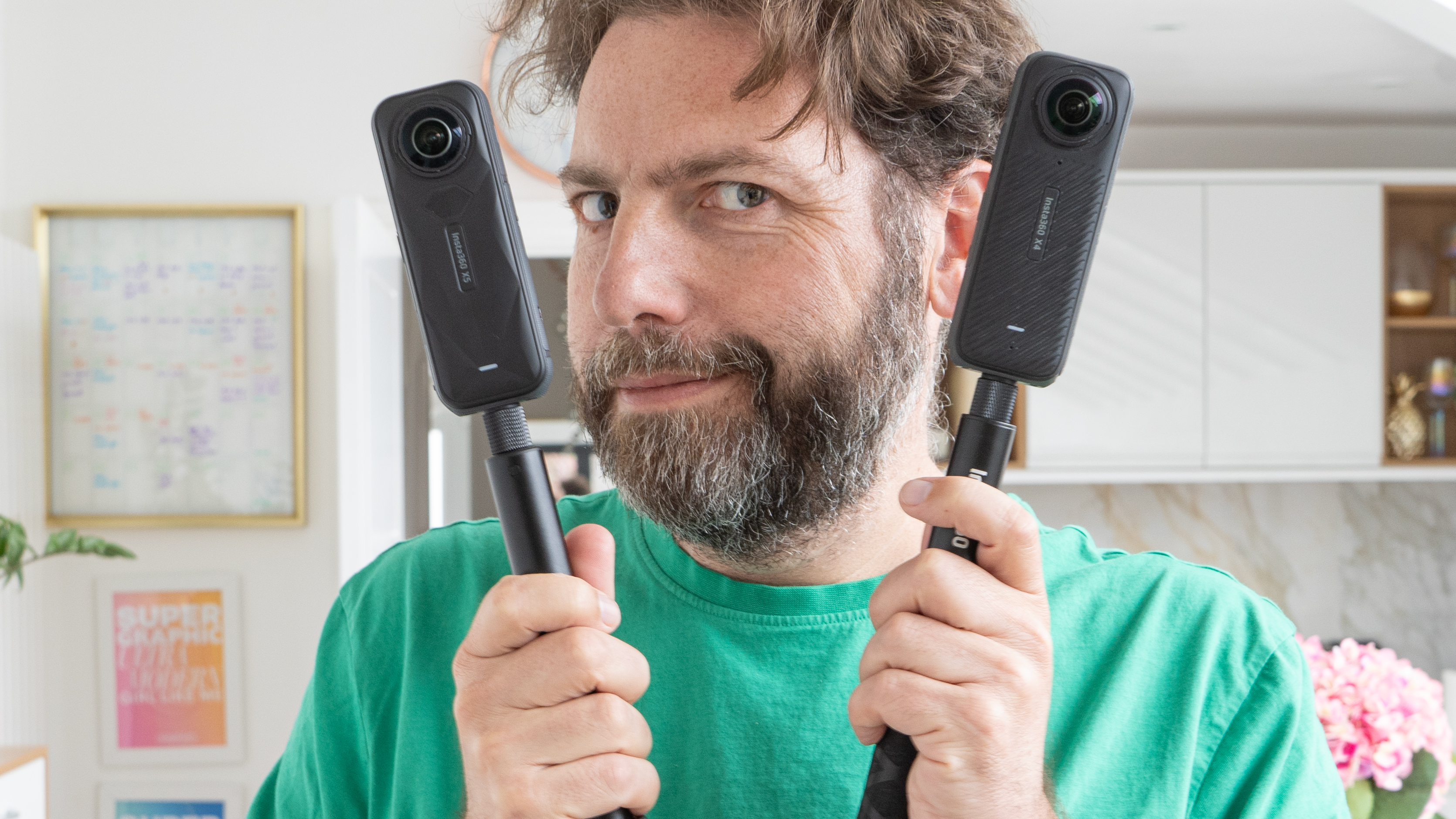Are you camera shy? You could be putting your career at risk
Study shows that 92% of US execs don’t see a long future for remote workers who switch off their cameras

The events of the global pandemic undoubtedly affected every industry, each in different and more drastic ways, but the introduction of remote working and office closure has been described as both a blessing and a curse.
And a new survey has shown that those of us who are a little camera shy during meetings and switch off our webcams could be seriously jeopardizing our working relationships and professional reputations, with over 90% of executives in America feeling that there is no long-term future for us.
• These are the best webcams for home working
Whichever platform your organization may use – Zoom, Teams, Google Meet, Skype (is that still a thing?) or Discord – we've all switched off our webcams and muted ourselves mid-meeting at some point or another. Most instances involve urges to sneeze, yawn, use the bathroom, or maybe engage in something else entirely and zone out while playing Animal Crossing with Netflix on in the background.
The COVID-19 crisis arguably drew us all apart socially, and many companies from all industries are fighting to get workers back into a physical office space, even if only for a few days a week. While this is an admirable approach, two years of isolation is a very long time and many of us have become accustomed to our Batcaves.
A recent Vyopta study, conducted by Wakefield Research, surveyed 200 US executives at large companies with 500 or more employees from 09-17 March. It found that nearly all the execs, to the tune of 96%, agree that primarily remote workers are disadvantaged in comparison to those who work mainly in the office.

By contrast, some believe that remote workers are living the dream – and in some ways it's true. By working from home, employees no longer need to budget for extra time or travel costs each morning, with more time to spend at home with family and pets during coffee breaks, yet still maintaining the same workload. Some might even suggest that working from home is a game-changer and there's no need to return to the office at all.
Get the Digital Camera World Newsletter
The best camera deals, reviews, product advice, and unmissable photography news, direct to your inbox!
Still, the Vyopta survey revealed that 92% of US executives feel that employees who are less engaged, either frequently on mute or with their camera off during virtual meetings, probably don’t have a long-term future at their companies.
Lack of engagement from employees is believed to translate into subpar performance, leading execs to make assumptions about employee behavior. Indeed, 43% suspect that employees who are on mute or off-camera entirely are browsing the internet or on social media, texting and chatting.

That said, 46% admit they are responsible for not providing the tools to enable their workers to be as engaged as their in-office counterparts – and interestingly, 48% cite too many meetings as the reason why employees don't talk during virtual meetings, with too many calls that could have instead been an email. It was agreed by 47% of executives that not speaking up frequently has become a recent habit developed among their junior staff.
So the takeaway from this survey is to ensure that, next time you have a video call, you drop a message in the chat letting your boss know if you need to briefly disappear to answer the door or stop your dog from chewing the wallpaper, instead of going stealth mode and switching off your mic and camera.
It may seem silly, needing your camera on at all times, but engagement really can make a difference to how a business functions – and how long you remain in it. And if you aren't speaking up, or can't get a word in, be sure to make your ideas heard in other ways via the work group chat or emails.
Read more:
Best 4K webcam
Best conference room webcam
Best camera for streaming
Best Mac webcams
Best ring light

Beth kicked off her journalistic career as a staff writer here at Digital Camera World, but has since moved over to our sister site Creative Bloq, where she covers all things tech, gaming, photography, and 3D printing. With a degree in Music Journalism and a Master's degree in Photography, Beth knows a thing or two about cameras – and you'll most likely find her photographing local gigs under the alias Bethshootsbands. She also dabbles in cosplay photography, bringing comic book fantasies to life, and uses a Canon 5DS and Sony A7III as her go-to setup.
